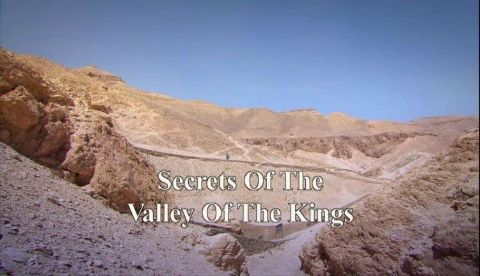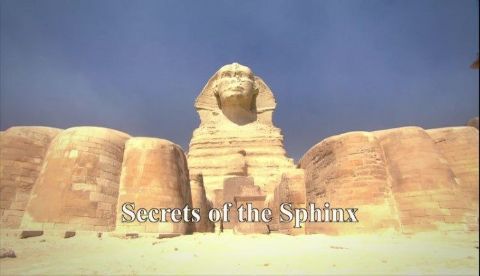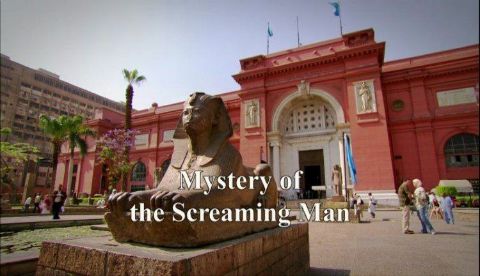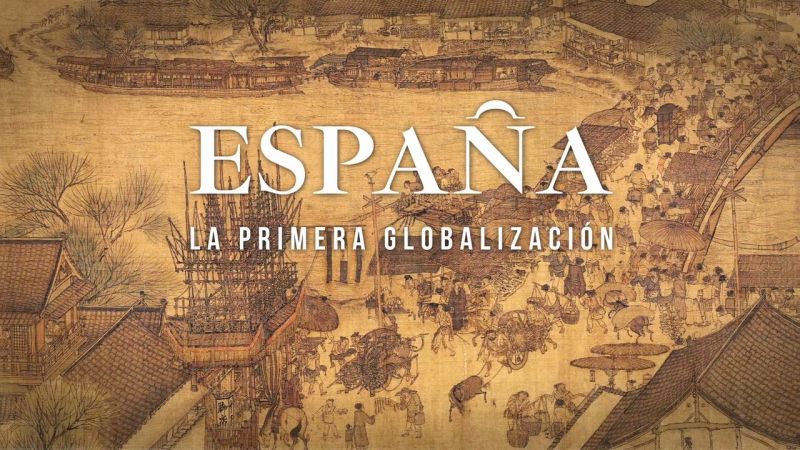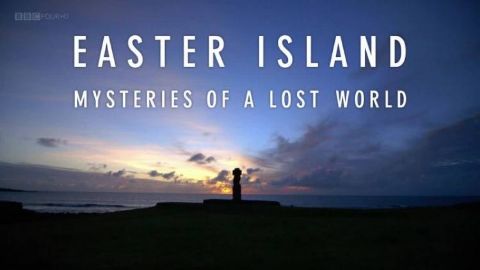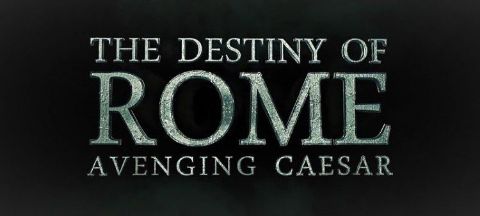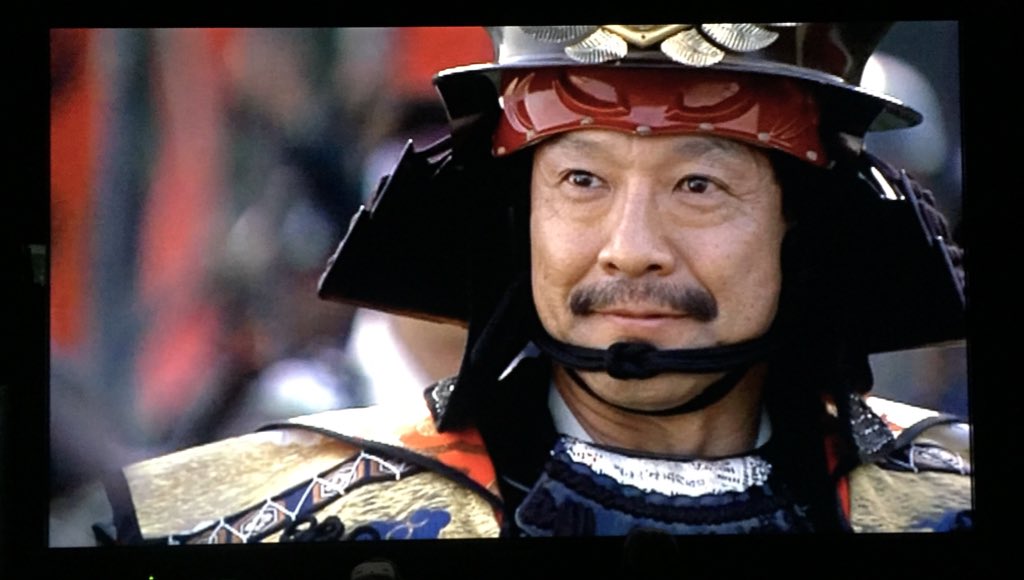Egypt Unwrapped • 2008 • 7 episodes •
Built over 500 years, spanning nearly two and a half miles and holding 63 tombs, Egypt's Valley of the Kings is a staggering, complex set of enigmas locked beneath the sands for 3,500 years. What drove Egypt's greatest pharaohs to seek out this secluded valley? How did the ancient craftsmen achieve such feats of engineering? And why was this sacred site finally abandoned? Join National Geographic Explorer-in-Residence Dr. Zahi Hawass and a team of experts as they uncover new evidence about how early engineers were able to construct the elaborate structures of tombs and chambers.
2008 • History
There is one Egyptian pharaoh who towers above the rest: Ramesses II. A formidable warrior, builder, lover and statesman, he declared himself a living god. Archeologists look again at Ramesses, in the hope of finding out more and explores his claim to be called the "Great". This instalment charts the life of Rameses II, the longest-lived pharaoh, who is widely regarded as Egypt's greatest ruler. New discoveries have shed more light on the king's successful reign, while Egyptologists continue to debate the nature of his character and the political, military and religious achievements of Rameses II.
2008 • History
Was the Sphinx originally built with a lion's head and later remodeled? Dr. Zahi Hawass presents the latest theories and evidence in the mystery of the Sphinx. Egypt is a land filled with hidden treasures, buried secrets, and centuries of old mysteries left unsolved. Perhaps the greatest of these is the Sphinx, no one knows for sure who built it, or when. This Sphinx, a lion with the face of a pharaoh, towers above the Giza Plateau. It is a four-and-half thousand -year old puzzle, but now the latest science is offering new clues.
2008 • History
The search for the tomb of the greatest warrior who ever lived is a 2000-year-old mystery. The film searches all over Egypt and beyond and discovers how his body has been used as a political tool throughout the ages. Drama and CGI bring Alexander back to life and as we follow the clues we finally may have solved the mystery.
2008 • History
The Scorpion King was a mythical Egyptian ruler who predated the pharaohs. Recent developments, such as the excavation of the king's tomb, have revealed surprising new details about early Egyptian civilization. This program details the continuing research into the earliest period of Egyptian history that was inspired originally by discoveries such as the Narmer palette and the Scorpion mace head. The combined efforts of a number of archaeologists have pushed the boundaries of Egyptian civilization back into a period previously considered prehistoric. As a result some of the most fundamental beliefs about Egyptian civilization require a re-think. Is there more behind the mythical and violent leader known simply as the Scorpion King? New evidence suggests that his achievements may have layed the foundations of Egypt. Learn more about the king who likely united ancient Egypt, organized the world's earliest phonetic writing system, and inspired the creation of the pyramids.
2008 • History
Over 100 years ago an unidentified mummy was found lying alongside some of the most famous pharaohs in Egyptian history but his face is locked in an eternal scream. In 1881, a bizarre mummy was unwrapped by a team of Victorian Egyptologists. Known today as the Screaming Man or Man E, he was very different from previously discovered royal mummies. What caused this mans haunting expression? Why wasn't he mummified according to custom? Find out what makes him different: Unknown Man E is nameless and, according to Egyptian beliefs, unable to move on to the afterlife because his body, wrapping, and coffin were left completely unmarked.
2008 • History
Cleopatra was one of the most famous women who ever lived, yet she remains an enigma as most of her world has long since vanished. Roman sources portray her as a seductress but by examining evidence from all over Egypt a different picture emerges. With drama and CGI we bring back to life some of amazing monuments that made her city of Alexandria great and construct a new 3D image of the woman herself.
2008 • History
